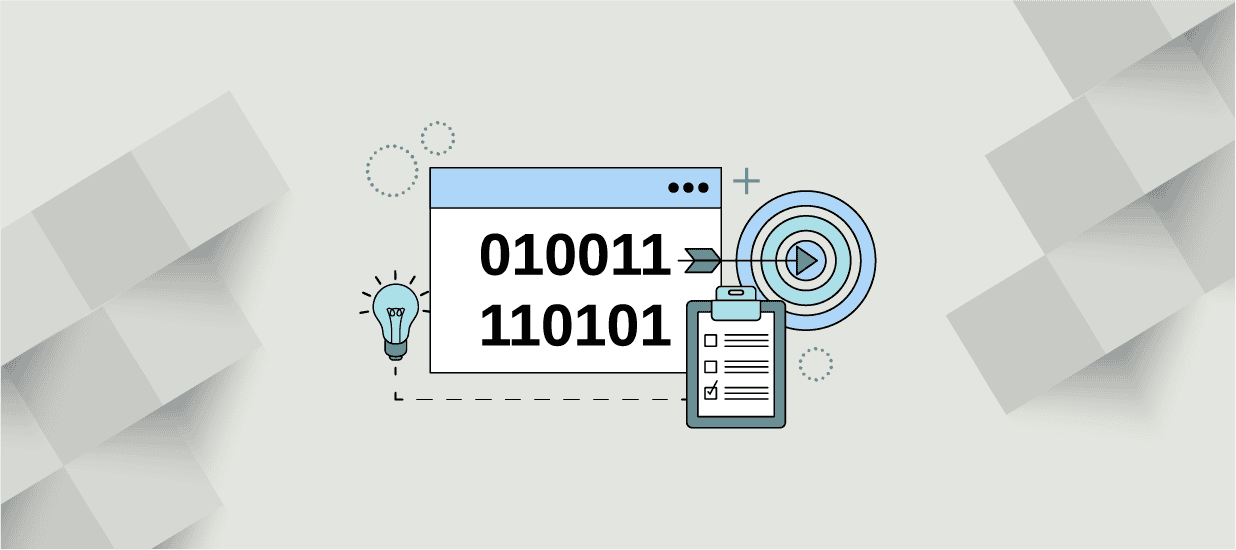Companies are using data partnerships to share resources and unlock potential. Explore the benefits and challenges of data partnerships, along with some examples from industry leaders.
Data is being collected with every click, scroll, and choice we make both online and in our everyday lives. This data can reveal habits, preferences, and trends that companies can leverage to boost their profits and drive success. It also reveals the increasing importance of data and the need for companies to find better ways to collect, analyze and utilize data to gain a competitive edge.
One way that companies are leveraging data to their advantage is through data partnerships. In the following article we are going to explore what data partnerships are along with the benefits and challenges that go along with the territory.
What is a data partnership?
A data partnership is a collaborative arrangement between two or more companies in which data and resources are shared. The goal of a data partnership is to achieve shared goals, improve decision making process, create new business opportunities or scale. These partnerships can take many forms, ranging from simple data-sharing agreements to more complex joint ventures.
Data partnerships can be arranged between any organization that finds value in the arrangement, from businesses and research institutions to government organizations. Let’s look closer at the benefits and challenges of data partnerships.
Benefits of Data Partnerships Between Companies
While there are many benefits to data partnerships, one of the most significant benefits is having access to a wider pool of data and resources. By working with other companies, businesses can quickly tap into a wealth of knowledge and expertise that would otherwise be unavailable to them. This can be particularly valuable for smaller companies that may not have the resources or capabilities to collect and analyze data on their own.
In addition to accessing new sources of data, data partnerships can also help companies achieve economies of scale. By pooling resources and working together, businesses can reduce costs and increase efficiency. For example, two companies that are both collecting and analyzing data on their own may be able to significantly reduce their expenses by consolidating their efforts and sharing the resulting data.
Data partnerships can also be beneficial for companies looking to better understand their customers and markets. By sharing data and insights, businesses can gain a more comprehensive view of their target audience. In turn, this information is useful in developing more effective marketing and sales strategies. This can be particularly useful in fast-changing markets where it is important to stay on top of evolving consumer trends and preferences.
Challenges to Successful Data Partnerships
Data partnerships also present a number of challenges, one of the largest being ensuring that the shared data is accurate, reliable, and protected. Additionally, companies must be careful to maintain the privacy and security of their own data, as well as that of their partners. This can be particularly challenging in cases where the data being shared is sensitive or confidential. This creates legal and compliance issues that must be carefully followed.
Another challenge is managing the relationship between the partners. For example, it is important for companies to establish clear terms and conditions for the data partnership. This requires strong communication and having clear collaboration processes in place. Many factors can make this challenging. For example, simply being in different regions or different industries can make this more difficult.
Despite the challenges, data partnerships can be a powerful tool for companies looking to gain a competitive edge. By sharing data and resources, businesses can improve their decision-making, optimize their operations, and drive innovation.
Data Partnership Success Stories
Let’s explore examples of successful data partnerships through a variety of industries.
Data partnership between retail and tech
Walmart entered into a data partnership with the Chinese tech giant JD.com. Through this partnership, Walmart was able to access JD’s vast pool of data on consumer behavior in China. In turn, this helped Walmart better understand the Chinese market and develop more targeted marketing and sales strategies.
Data partnership between healthcare organizations
In the healthcare industry, data partnerships are common. The health insurance company UnitedHealth Group partnered with the analytics firm Optum to create a new data-driven platform for population health management. Through this partnership, UnitedHealth and Optum were able to combine their expertise and data to develop new tools and approaches for improving the health outcomes of patients.
Data partnerships between finance organizations
In the finance industry, Visa partnered with the data analytics firm FICO to improve fraud detection and prevention. By sharing data and resources, Visa was able to leverage FICO’s expertise in analytics and machine learning to develop more sophisticated fraud detection algorithms. This partnership has helped Visa to reduce fraudulent transactions and improve the security of its payment network.
Conclusion
Data partnerships are becoming an increasingly popular way for companies to leverage data and resources to gain a competitive advantage. By working together, businesses can access a wider pool of data, achieve economies of scale, and better understand their customers and markets. While there are challenges to be managed, the potential benefits of these partnerships make them worth considering for any company looking to stay competitive.
Resources
Data Science for Business Leaders
Getting Executive Buy-In for Data Projects
Author
-

The Pragmatic Editorial Team comprises a diverse team of writers, researchers, and subject matter experts. We are trained to share Pragmatic Institute’s insights and useful information to guide product, data, and design professionals on their career development journeys. Pragmatic Institute is the global leader in Product, Data, and Design training and certification programs for working professionals. Since 1993, we’ve issued over 250,000 product management and product marketing certifications to professionals at companies around the globe. For questions or inquiries, please contact [email protected].
View all posts








